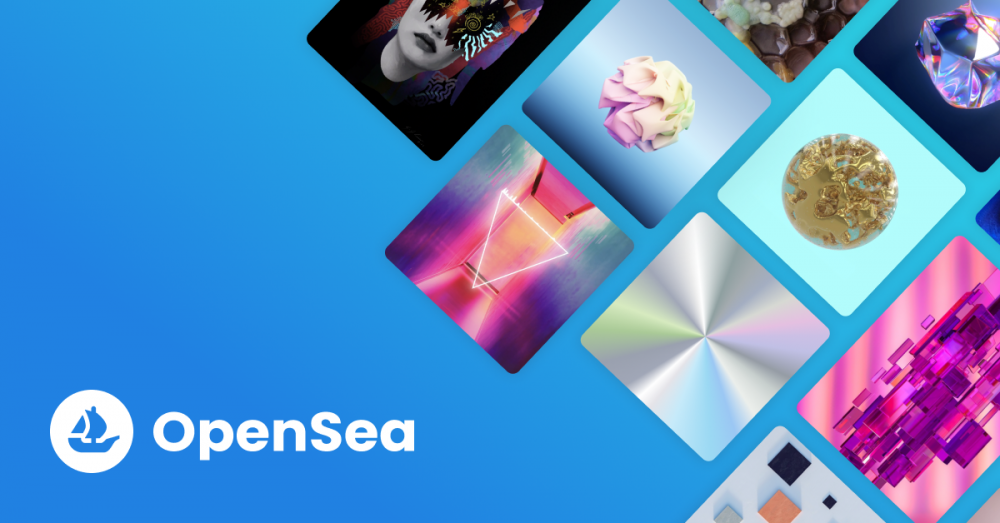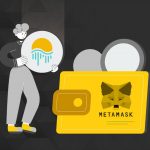OpenSea is a marketplace for NFT trading. One of the most frequently asked questions about the platform is whether it is paid or not. OpenSea is free, but the user who will make a sale must pay a certain amount of money for the first time.
What is OpenSea?
OpenSea stands out as a marketplace on the blockchain. This marketplace allows users to buy and sell digital assets called NFT (Non-Fungible Token). OpenSea is a platform that facilitates NFT trading using blockchain technologies such as cryptocurrencies and smart contracts.
The platform is built on the Ethereum blockchain and allows users to store their digital assets directly on the blockchain. This allows users to control the assets themselves and also helps prevent problems such as fraud or cheating.
The platform has thousands of users around the world and new users are added every day. Users have bought and sold a large number of NFTs using OpenSea. In addition, a large number of digital artwork, music and other digital assets are sold on OpenSea.
However, the platform is sometimes subject to criticism. Some critics argue that the platform is not environmentally friendly, increases energy consumption, and is also not accessible to some users due to high transaction fees.
As a result, OpenSea is a leading marketplace for NFT trading. The platform facilitates the trading of digital assets and serves thousands of users worldwide. However, it should be noted that the platform has also faced some criticism and there are concerns that it is not environmentally friendly.
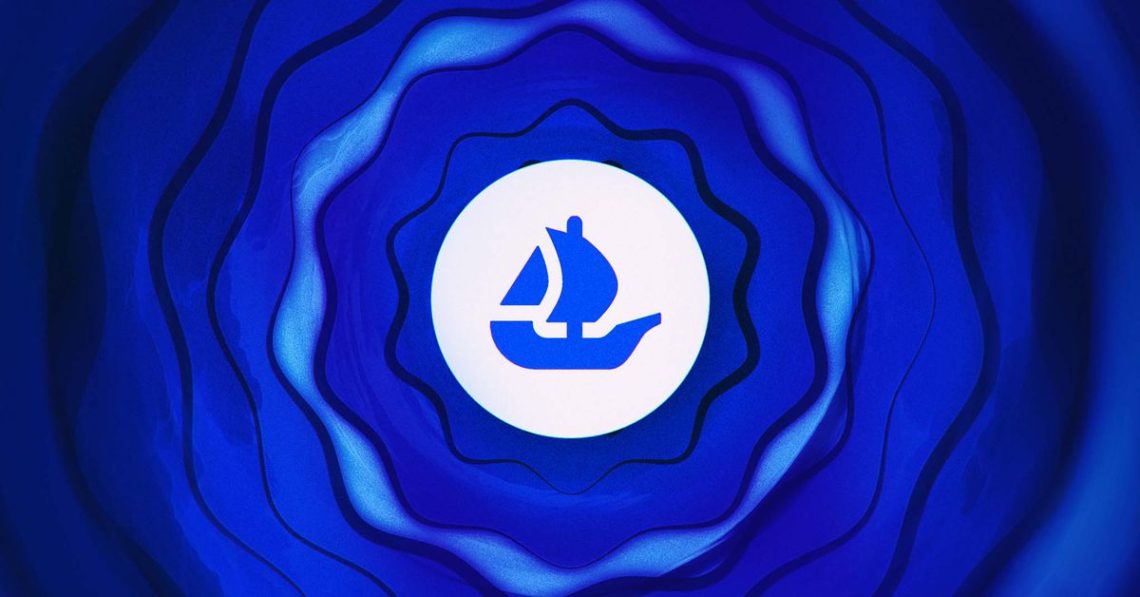
How to Use OpenSea?
OpenSea offers a wide range of NFT trading. Users can buy and sell a variety of digital assets such as artwork, music, videos, games, digital collectibles, and more. In addition, artists can list their assets, set their prices and perform all transactions completely digitally on the platform.
Besides being a marketplace where users can trade, the platform also allows NFT creators to list their assets. This way, artists, musicians, and other digital creators can showcase and sell their work through their NFT.
You can integrate with your crypto wallet to use the OpenSea platform. For this, you need to click on the wallet image at the top of the home page and complete the transactions on the screen directed to you.
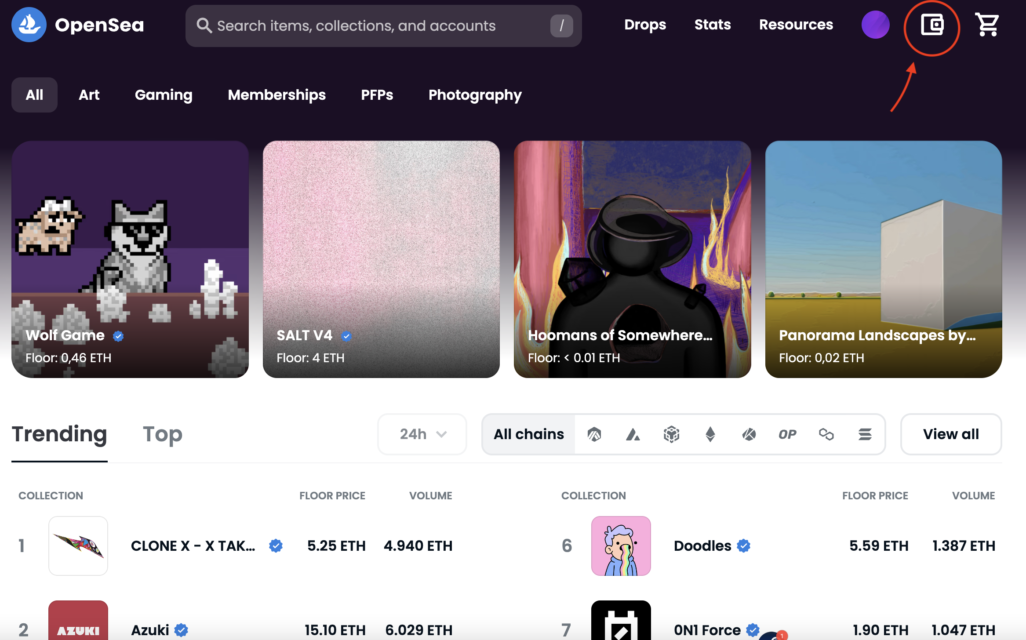
You can add balance to OpenSea wallet by clicking the “Add fund” button. Here you will see two options. You can buy NFT with the coins in the wallet you are using or by loading money into the OpenSea wallet. You can shop through the profiles of NFT artists seen on the main page, or you can go to the profile of the seller you want by typing the profile name in the “search” section and add NFT to your cart and make a purchase. In fact, it is almost no different from the online shopping we frequently do in daily life.
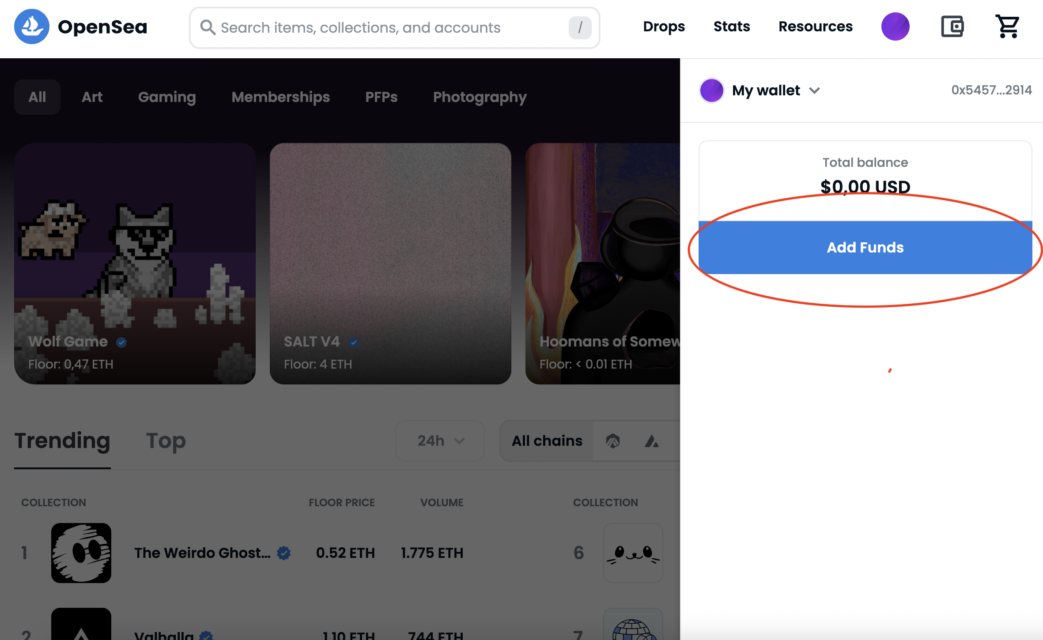
The platform supports many crypto wallets. Some wallets only support mobile, while others support both mobile and computer environment. Wallets featured on OpenSeaare:
- MetaMask
- Coinbase Wallet
- WalletConnect
- ledger
- phantom
- Bitkeep
- core
- glow
- Fortmatic
- kaikas
- herb
- Solflare
- venly
on OpenSea but only on mobileThe supported wallets are:
- OperaTouch
- trust
Note: Only the coins in the blockchain network supported by the platform can be traded. Blockchain networks supported by OpenSea are as follows:
- Arbitrum
- Avalanche
- BNB Chain
- Ethereum
- Klaytn
- Optimism
- polygon
- wither
Is OpenSea Paid?
You can list your NFT for free, but OpenSea takes a 2.5 percent commission on every sale. In addition, a one-time fee of 25 dollars is charged from the sellers.
Most buyers and sellers on the NFT platform deal with single products. However, sellers can list up to 30 items when listing. This limit is related to the scalability of the Ethereum network. Packages have started to stand out as a way of earning good income for sellers, and this type of sale has become increasingly popular.

